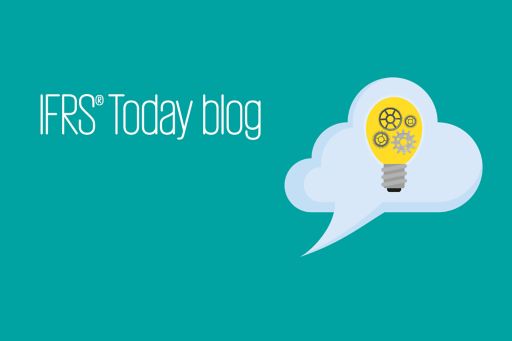Leases – 10 key questions to help you prepare for IFRS 16
Leases – 10 questions to help you prepare for IFRS 16
What do you need to think about when planning to implement the new standard?

The new leasing standard will have a significant impact on almost all companies. The bigger your lease portfolio, the bigger the effect on your key reporting metrics.
The clients I talk to get the basic accounting – they understand that they have to bring most leases on balance sheet, by 2019 at the latest. What's proving to be more of a challenge is working out which is the best transition option for them, how they’ll gather the data and what systems changes they’ll need.
Don’t underestimate the task ahead
Long before 2019, you’ll become intimately acquainted with the contents of your lease contracts. There’s no other way to find the data you’ll need to make the required calculations. And you’ll spend a lot of time talking to the business about the estimates needed to complete those calculations. For example, if you lease a lot of real estate, you’re going to be spending a lot of time with your property director.
For some of my clients, the biggest challenge has been finding out where the information is stored and who owns it. This is often true of large, diverse groups that operate in many countries. Others are still grappling with the more judgemental issues – such as working out which of their many contracts are, in fact, leases.
Talk to your stakeholders
Most analysts already make estimates of your lease liabilities. For the first time, they will soon be able to see your own estimate of your lease liabilities, and be able to make direct comparisons with your peers. You’ll need to be ready to explain any systematic differences.
No analyst or investor will be surprised when your reported lease liabilities increase with the new standard. Most will welcome the additional information, but it’s important that they know what to expect and aren’t surprised by the actual number when they see it.
Bottom line, if your lease liability turns out to be vastly different from your analysts’ estimates, the resulting conversations and the market reaction will be interesting in all the wrong ways!
This really matters
Regulators and other stakeholders are also paying close attention.
Everyone is expecting the disclosures on impacts to become more robust and specific as we get closer to 2019. That puts your financial statements for 2017 and 2018 firmly under the spotlight.
So, are you ready?
Where can you find more information?
You may like to take a look at our web article and SlideShare presentation, which summarise the key requirements and link to our detailed analysis and insight.
Brian O’Donovan
Comments? Questions? Join the conversation on KPMG's IFRS showcase page on LinkedIn.
About the author
Brian is a deputy leader of the global team that develops KPMG’s guidance on leasing transactions.
© 2024 KPMG IFRG Limited, a UK company, limited by guarantee. All rights reserved.
